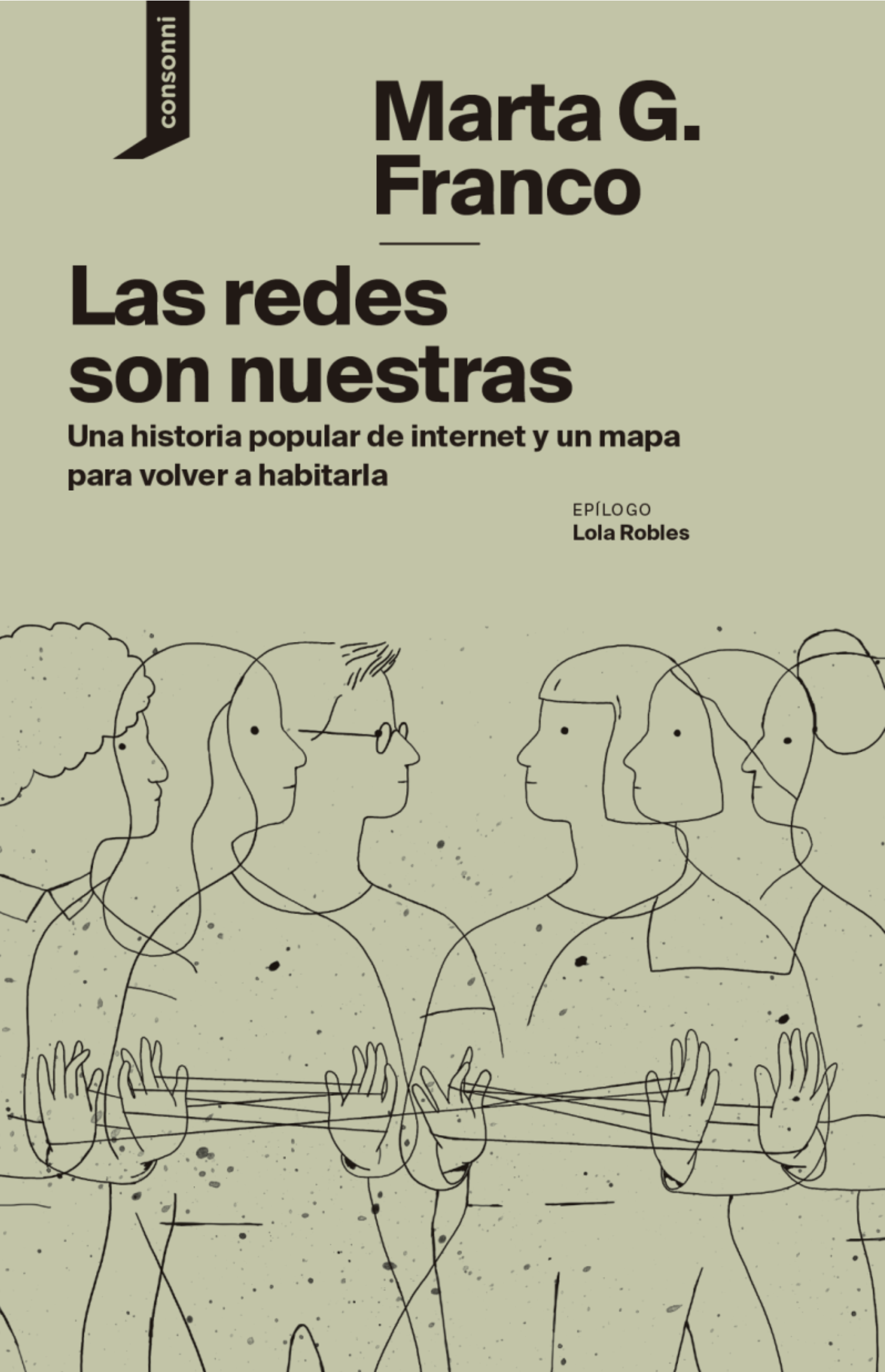Koantig started reading The interesting narrative of the life of Olaudah Equiano, or, Gustavus Vassa, the African by Olaudah Equiano (The Modern Library classics)

The interesting narrative of the life of Olaudah Equiano, or, Gustavus Vassa, the African by Olaudah Equiano (The Modern Library classics)
The Interesting Narrative of the Life of Olaudah Equiano, written in 1789, details its writer's life in slavery, his time …








